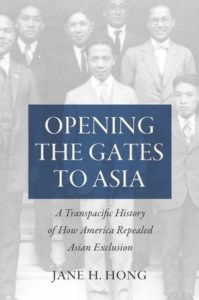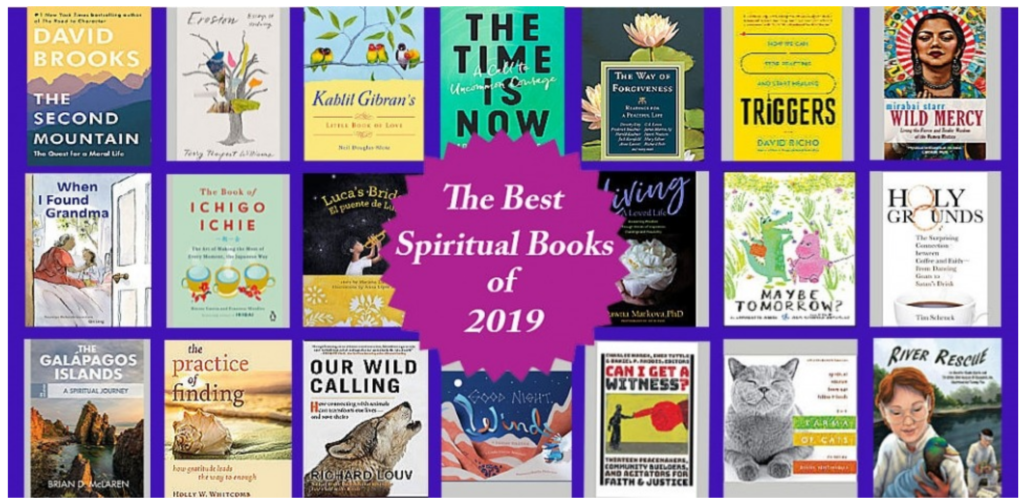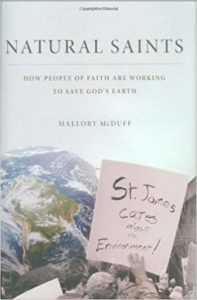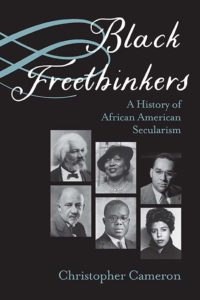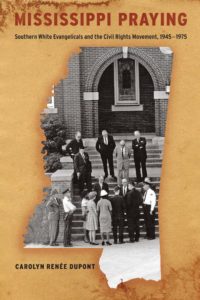 Southern White Evangelicals and the Civil Rights Movement, 1945-1975
Southern White Evangelicals and the Civil Rights Movement, 1945-1975
In Mississippi Praying, historian Carolyn Renee Dupont challenges the prevalent notion that southern white evangelicals simply failed to support civil rights because they were carried along by the influence of the wider culture. Instead, she documents a link between their theological views and their hostility towards desegregation. These evangelicals rejected a notion of a corporate responsibility for dealing with racism, seeing such social causes as a distraction from pursuing individual salvation. Dupont’s work shows how such a religious worldview could easily end up sanctioning white supremacy.
For more information on the publication, click here.
Reviews and endorsements of the publication include:
“This is an inspired and sparkling religious history of the three major white denominations—South Baptists, Presbyterians, and Methodists—in the state of Mississippi for the three decades of the Civil Rights movement…This is not simply a tale about what happened in the struggle for black equality in Mississippi from 1945 to 1975. It is a mirror, reflecting what is still happening in segregated churches all over America, not just in Mississippi, not just in the South, but all over this great republic.”-Baptist History & Heritage
“Dupont’s book is an essential companion to any study of the civil rights movement, not only for its treatment of how religion impacted the movement’s history but also for the way it exposes how easily oppression can be wrapped in a cloak of religiosity that blinds its adherents to injustice occurring all around them.” –The Historian
“Carolyn Renee Dupont’s examination of Mississippi white evangelicals’ fervent support of segregation during the 1950s and 1960s offers historians a fresh interpretation of the confounding paradox of God-fearing whites condoning and even participating in massive resistance. […] This book successfully challenges the reader to think beyond a variety of biases inherent in discussion of literature’s relationship with ethnic, regional, and national identities.”-The Journal of Southern History
Fellow travelers are scholars, activists, and practitioners that embody the ideals and commitments of the Project on Lived Theology. We admire their work and are grateful to be walking alongside them in the development and dissemination of Lived Theology.

